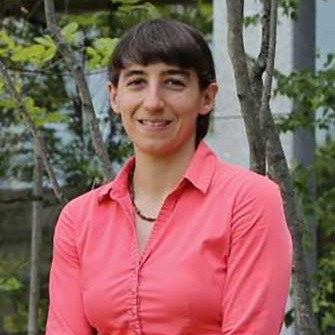Brown is committed to student-centered learning. Innovative research in our department laboratories seeks to answer critical questions in molecular behavior and reaction dynamics, the interface of chemistry and human health, and renewable energy and sustainability.
Graduate
In our graduate program, Ph.D. candidates choose research groups and elective courses based on their individual goals and interests, graduating ready for successful careers in today's changing world.
Graduate
In our graduate program, Ph.D. candidates choose research groups and elective courses based on their individual goals and interests, graduating ready for successful careers in today's changing world.
Why Chemistry at Brown?
- Competitive stipend and university-paid health insurance benefits
- Student: faculty ratio of 5 to 1
- Average time to PhD completion: five years
- Brown’s Open Graduate Education Program
- No teaching responsibility for first-year students
- Five-year guaranteed financial support and annual conference travel funding
- Active departmental graduate student leadership
Explore our Research Areas
Apply
If you are interested in applying please fill out this short questionnaire. We'd be happy to answer any questions you may have about our programs. We will get back to you within three days.
Our application deadline is December 15, 2023. The applications will open September 1, 2023.
Discover living in historic Providence, Rhode Island
Providence is a vibrant and culturally diversity place to live, work and study. Learn about living in Providence and explore the Graduate School's housing information.
Contact Us
We want to hear from you. For assistance with the application process and all other program questions, please contact Rose Barreira.
Graduate Recruiting Committee
For questions about graduate study in Chemistry at Brown, please contact our graduate recruiting committee:
-

Benjamin McDonald
Assistant Professor -

Jerome Robinson
Manning Assistant Professor of Chemistry -

Brenda Rubenstein
Associate Professor of Chemistry
Graduate Resources and Information
- Printable Chemistry PhD Program Brochure
- Graduate Student Resources Folder (access restricted to Brown Chemistry grad students)
- Handbook for students entering the program in September 2023

